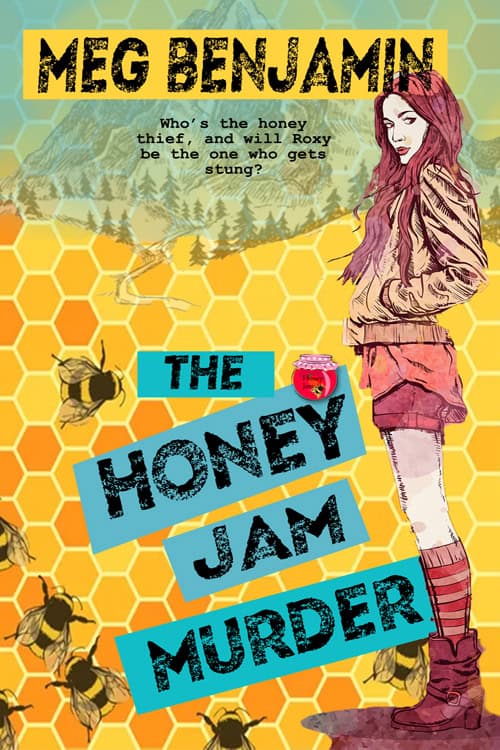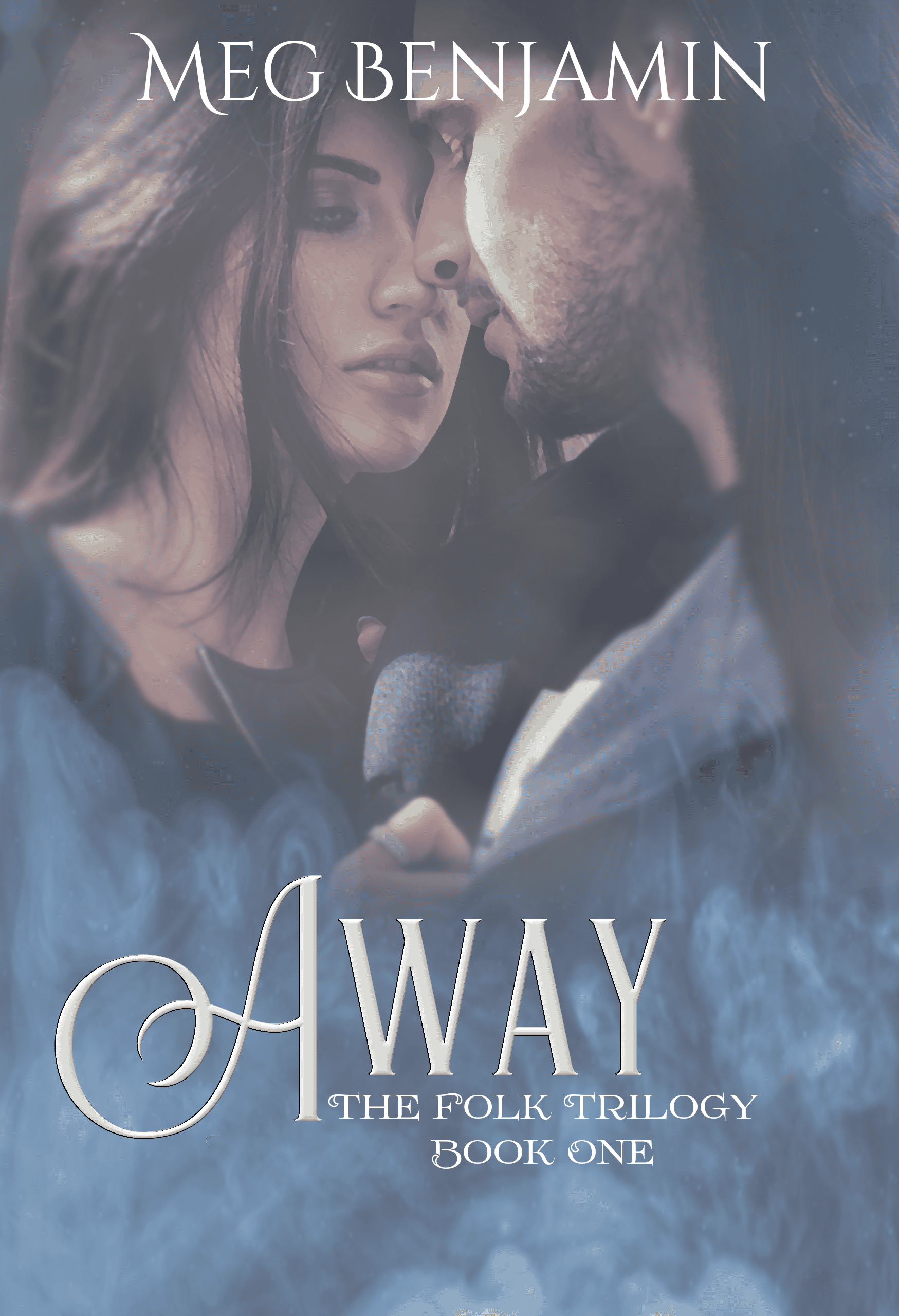The Madcap
I love old movies, and by that I mean really old movies—movies from the thirties and forties. One mainstay of thirties comedies is the “madcap” heroine. The kook. The flake. The one who keeps doing nutty things that nobody expects. The hero (like Cary Grant in Bringing Up Baby or Henry Fonda in The Lady Eve) is first annoyed by her, then fascinated in a kind of annoyed way, and then, finally, entranced. Both the hero and the viewer are supposed to be charmed by her wacky personality—and sometimes you are. I like Katherine Hepburn in Bringing Up Baby, and I absolutely love Barbara Stanwyck in The Lady Eve. This heroine shows up in romance novels too, of course, particularly in contemporary and historical comedies. In historicals, she’s the Regency bluestocking, beyond marriageable age, reputed to be plain, frequently with a pet cause (getting her beautiful but dim cousin married, taking care of orphans, protecting animals, etc.) that gets her into difficulties with either the hero or society in general—sometimes both. In contemporaries, she’s the party planner or the gift shop owner or the caterer who’s also a disaster magnet (although she usually has some particular talent that sets her apart from everybody else and saves the day). In both cases the hero decides she’s annoying but ultimately adorable.
The tough thing about the madcap heroine isn’t the annoying part—that comes with the territory. The really tough part is the adorable. Because if she goes too far, the madcap can always turn into a pain in the ass. Remember, the hero has to find her quirks adorable in the end, or at least tolerable. Her determination to flout convention (and she’s always determined to do that) has to seem justified in some sense, although the madcap usually takes it too far (if the heroine’s convention-flouting seems totally justified and society seems totally wrong, it’s not comedy anymore). Moreover, for me at least, the heroine can’t be rendered totally ridiculous. If she takes too many pratfalls, I start being exasperated with her. She reminds me of the heroine in Support Your Local Sheriff, who wails at one point “I am sick and tired of all these stupid things happening to me!” You and me both, sweetheart!
She also can’t be dumb. That should go without saying, but it often doesn’t. There should be some justification for her actions, even if they seem slightly loopy. And if she gets slapped down, she shouldn’t keep doing the same thing over and over again—masochistic madcaps just don’t cut it. At some point, she also has to win, even if it’s only a minor victory. That party she’s planning has to turn into a triumph or her orphanage has to earn the patronage of somebody rich and famous (and possibly as eccentric as she is). We have to feel that she isn’t a total loser, in other words.
I have to admit—I sometimes either start skimming books with madcap heroines or I put them down altogether. The “annoying” part of the job description sometimes gets to be too much, and I’m also not crazy about stupidity. If I start thinking the heroine is a dope, I’m likely to get out of Dodge. But when she’s done well, the madcap can be engaging. Loretta Chase’s The Last Hellion works well for me. So does Barbara Metzger’s The Duel. In contemporaries, there’s Susan Elizabeth Phillips’ It Had To Be You and Jennifer Crusie’s Tell Me Lies. All of these heroines have madcap elements, but they’re also smart and resourceful—you don’t feel like you’d be grinding your teeth after ten minutes in their presence.
And that’s the final thing about the madcap: you need to feel that the hero isn’t totally nuts for loving her. That means you have to love her too, at least a little bit. That isn’t always easy, but it’s usually interesting.
Posted in Blog • Tags: On Reading, reading, romance, romance heroines | Be The First To Reply!








